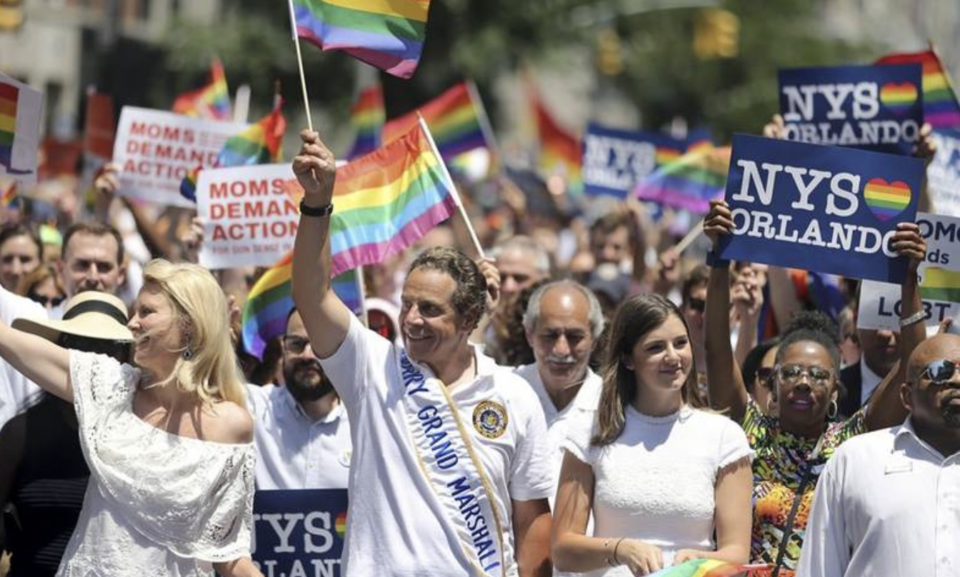From an early age, I found it difficult to comprehend the concept of ethnic, racial, gender, or sexual pride. As a young Jewish boy, I received a book on “Great Jews in Sports” for my bar mitzvah. While my friends and relatives cherished it, I couldn’t muster the same enthusiasm. It wasn’t due to a lack of interest in sports or my Jewish identity; I simply didn’t resonate with the notion of group pride.
In college, I encountered the rising popularity of slogans like “black is beautiful.” Rather than connecting with this idea, I challenged its validity. How could a race be beautiful? Didn’t the concept of a beautiful race perpetuate racism itself? I questioned the need for such group-based pride, even though I understood the explanations provided by supporters who highlighted the importance of boosting self-image and countering societal beauty standards.
Unfortunately, my concerns were justified as “black is beautiful” transformed into the more assertive and sometimes intimidating “black power.” In a disconcerting parallel to Aryan racism, terms like “race traitor” emerged to label dissenting voices within the black community. Subsequently, feminist movements embraced group solidarity with slogans like “girl power” and “sisterhood,” but those who held differing views were dismissed and derogatorily labeled as gender-traitors or not even considered women.
Group pride has become a defining characteristic of left-wing thought and activism. The latest manifestation is LGBTQ pride, demanding widespread celebration and recognition. However, two fundamental issues arise. First, what is there to be proud of when sexual orientation and identity are innate traits? If no choice or effort is involved, pride loses its significance. In contrast, I could appreciate the achievements of great Jewish athletes who earned recognition.
The second concern lies in the totalitarian nature of left-wing movements. Rather than seeking tolerance, they demand universal celebration and conformity. Institutions are pressured to embrace Pride events, leaving no room for dissent. Yet, many Americans refuse to celebrate actions such as mastectomies for young girls or adult men performing in front of children. While tolerance is generally extended, celebration cannot be coerced, especially when it involves controversial practices.
I return to my initial point. I have dedicated my life to assisting fellow Jews and advocating for Israel’s security, but I struggle with the concept of pride. It is not an accomplishment but a circumstance of birth. The same applies to race, ethnicity, gender, sexual identity, and orientation. Demanding celebration and expecting credit for something beyond our control is unjustified. Moreover, if we embrace group pride, we must also acknowledge group shame. Recognizing the achievements and failures within our respective groups is essential for a balanced perspective.
In conclusion, the conservative perspective cautions against the dangers of group pride. While appreciating one’s heritage or identity is natural, demanding universal celebration and ascribing moral value to involuntary characteristics undermines individual accomplishments and fosters division. Embracing tolerance and celebrating personal achievements, regardless of group affiliation, promotes a more inclusive and united society.

